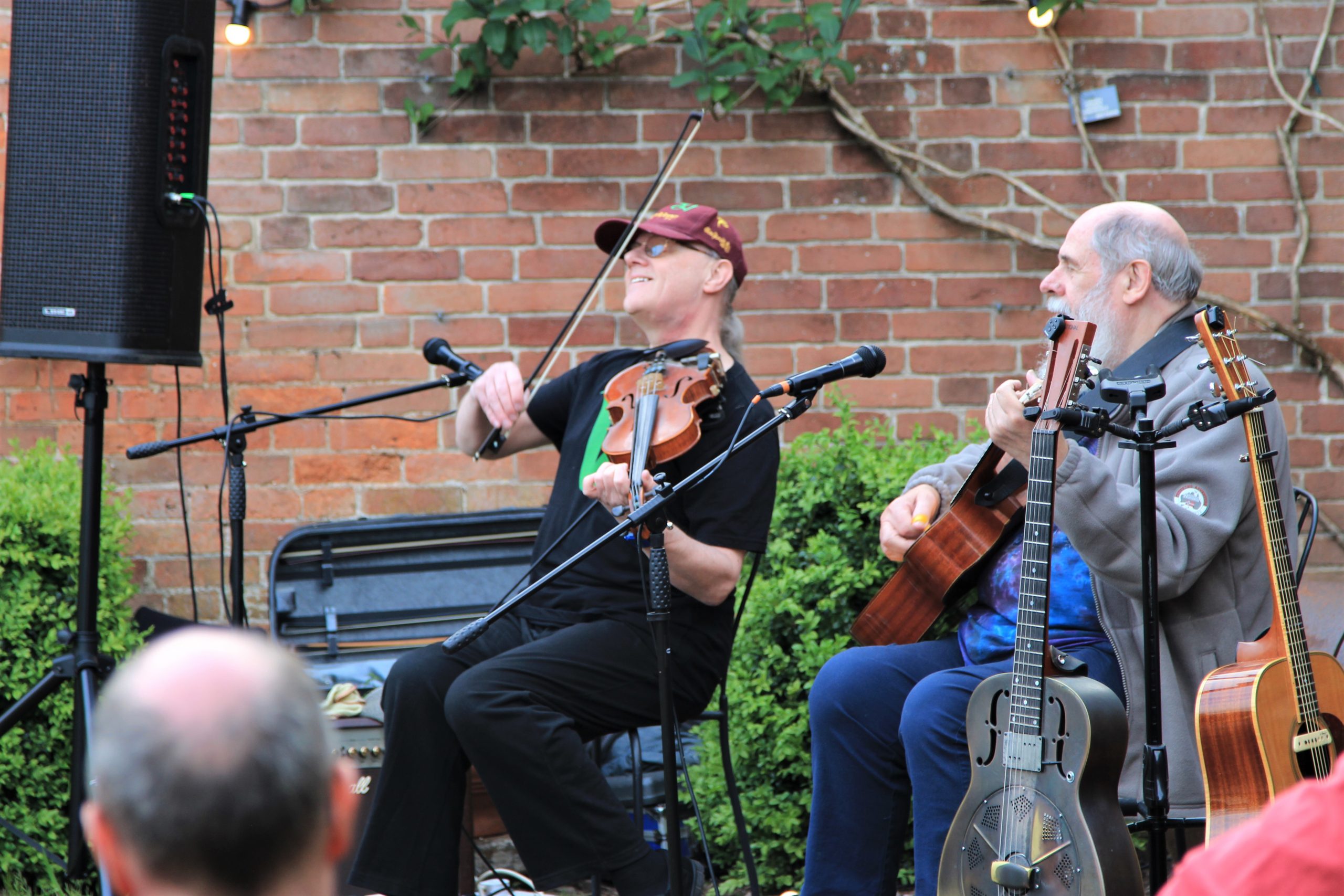
We often underestimate the effect of music on children and do not even think that playing the guitar or piano is beneficial to the nervous system.
It’s no secret that music lessons and the arts in general help develop many important qualities. Even if you do not plan for your child to become like Beethoven there are many reasons to send your child to music school. Let’s look at some of them.
1. Making music helps your child develop fine motor skills
No matter what instrument your child has chosen (guitar, piano, flute, accordion, or harmonica). The very mechanism of sound extraction will require from the novice musician clarity and coordination of many-body systems.
A musical instrument helps to develop fine motor skills, develop the muscles of the hands and wrists. And today this is especially true for all those who spend a lot of time at the computer. These people manage to get pain syndrome due to the relatively static position of their hands on the keyboard.
2. A child pumps memory and concentration
Musical activities are a kind of memory training. After regular play on a musical instrument, children learn poems faster and cope with lessons easier. Even if any learning difficulties arise, your child can get help from reliable writing services. Here, choosing cheappaperwriting company is not a problem. Getting qualified advice today in an online format is a reality.
Music develops hearing and trains different functions of the brain. This means it prolongs youth and reduces the likelihood of the onset of Alzheimer’s in adulthood.
3. A child learns to multitask
When playing many musical instruments, a musician engages both right and left hands. Often the hands perform different actions. For example, on the piano they play different notes, on the guitar, they simultaneously play overdubs and chords. On the accordion – they also act asynchronously.
Plus, a musician, even a beginner, must be able to remember and read the notes, think about the rhythm, melody, turn the pages, and try to convey the content of the composition, its emotion, and depth.
4. The child learns to negotiate
Many young musicians sooner or later have the opportunity to play not only solo but also with someone in duets or with an accompanist. Perhaps even in a chamber ensemble or rock band. This is a very important stage that allows you to learn to harmonize with others, to feel the rhythm, the tempo, the mood, the intentions of the other musician, to be more empathetic.
Sooner or later this skill transfers into non-musical life as well. Here the teenager learns to understand the other person better, to hear not only himself but also his opponent.
Another bonus for the novice musician is the opportunity to find like-minded people, to become one’s own in any company, to feel self-confidence. This comes from the constant practice of working with an audience in classes and concerts.
5. A child learns mathematics better and develops logic
This fact is among the well-known and yet continues to surprise: music lessons help in math. It is not by chance that musical notation is compared with arithmetic tasks. There are also combinations, equations, spatial and structural thinking, as well as cause-and-effect relationships and series.
That’s why regular music lessons have a positive effect on the mastery of math subjects in school. Even if the child had difficulties with it before.
So do not be surprised if, after a year of piano lessons grades in math unreasonably improved. And doing homework ceased to be a torment for the whole family.
6. Music helps your child relieve stress
We all know that music can relieve stress and release energy, both positive and negative. In addition, this healing effect is also possible when listening to and making music. Thus, young musicians more easily endure exams and other academic stresses. Music lessons help to get rid of negative emotions, release tension, distract and switch to other activities.
Another way to get rid of stress during your college years is to take advantage of professional writers. Experienced writers are ready to provide law essay profy services, essay paper for sale, and writing other students assignments.
7. Music equally develops both hemispheres of the brain
In recent years, educators and psychologists have been talking about the need for a balanced development of the child. This development would involve the different hemispheres of the brain.
Music lessons help develop both hemispheres. It is no coincidence that among musicians there are often ambidextrous, people who are equally proficient with both hands.
This suggests that their brain hemispheres develop evenly, and this is facilitated by music classes. This means that the logical and emotional spheres, if they are not in balance, then they strive for this.
8. Classes in music develop creativity
Music lessons have a beneficial effect on the development of any other creative abilities. Having a hard time preparing for an essay in school? You need to play at least a few minutes on an instrument to activate the creative area of the brain, which is responsible for the emergence of new ideas.
Thus, parents of young musicians need to be prepared for the fact that their children may offer unusual ideas more often. This child is more likely to create his projects and think up unconventional entertainment.
Summing Up
We hope you have been imbued with the idea that music lessons are useful. And it is not necessary to strive to become a virtuoso musician, a unique vocalist, or a great composer. The main purpose of music lessons – education of a harmonious personality. Music ennobles emotionally, enriches mentally, and contributes to the development of socially valuable human qualities. And it is never too late to turn to this kind of art because you can start self-development at any age!
